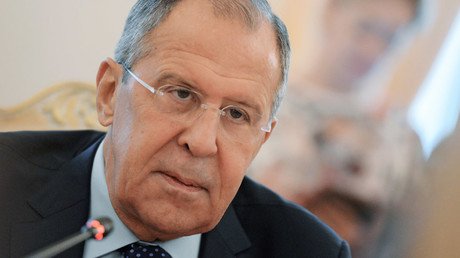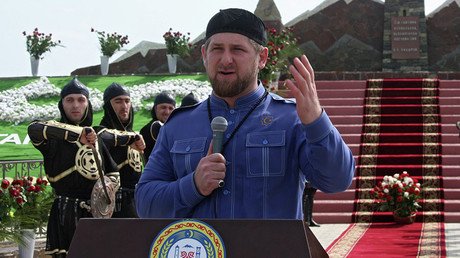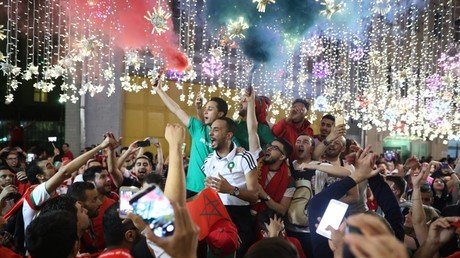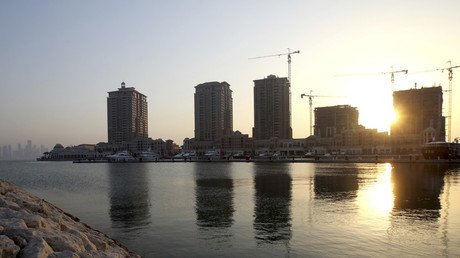Nationalist opposition leader wants Russia to scrap friendship treaty with Ukraine
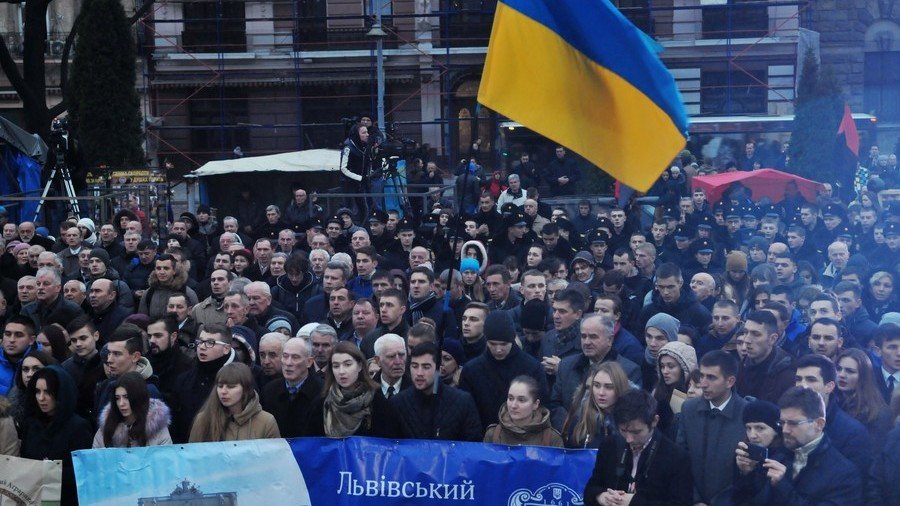
The head of the populist-nationalist Russian party LDPR has asked Vladimir Putin to terminate the friendship treaty with Ukraine as a document which had lost all of its urgency and was not working in practice anyway.
“LDPR Chairman Vladimir Zhirinovsky has addressed Russian President Vladimir Putin with a letter in which he proposed to send a message to Ukrainian leaders and inform them that the friendship treaty between Russia and this country is no longer in force,” RIA Novosti quoted the party’s press service as saying on Thursday.
In his letter, Zhirinovsky noted that the friendship treaty with Ukraine came into force almost 20 years ago and over that time many of its parts have become useless while some of the rest are regularly and blatantly violated by the Ukrainian side. “MPs from the LDPR caucus have to state that the friendship treaty is not working,” the document reads.
In addition, Zhirinovsky recalled the events of 2014, saying that back then the power in Ukraine was practically seized by “carriers of radical ideology” who provoked unrest on Ukrainian territory and then used the national military forces against their own population and instigated a real war in the south-east of the country. Zhirinovsky alleged that the ultimate objective of these radicals was “separation of the Russian and Ukrainian peoples.”
“Thousands of civilians, most of them ethnic Russians, have been killed in the four years of fighting in Ukraine. The Russian language is banned there, the rights of Russian-speakers are infringed and they officially call Russia and ‘aggressor nation.’ Thus, the Ukrainian policy contradicts not only the Friendship Treaty, but also the generally accepted principles of international law,” the LDPR chairman wrote.
He then recalled that the treaty had been signed for a 10-year period with subsequent automatic extension for new 10-year periods as the first one expires and with a single condition for termination – the side ceasing the agreement must inform the other at least six months before the end of the current 10-year period.
“Bearing in mind that the Friendship Treaty has lost all of its urgency and is not being implemented, LDPR MPs ask you, dear Vladimir Vladimirovich, to initiate the termination of the Friendship, Cooperation and Partnership Treaty between the Russian Federation and the Republic of Ukraine,” Zhirinovsky concluded.
The initial treaty of friendship and cooperation between Russia and Ukraine was signed in 1997, and prolonged for another decade in 2008. The main provisions of the document specify that the sides agree to cooperate in various international organizations and also pledge to guarantee equal rights and freedoms to each other’s citizens. In 2016 senior official of the Communist Party of the Russian Federation, Valery Rashkin, forwarded a request to terminate the Friendship Treaty with Ukraine to the Russian Foreign Minister Sergey Lavrov.
The minister answered that while the current anti-Russian policies of the Ukrainian government remain a cause of concern, the initiative to abrogate the major freedom and cooperation treaty had been deemed untimely and unjustified.
Lavrov added that Russian diplomats consider developing friendly ties with Ukraine a primary task and canceling the previously signed friendship treaty was very unlikely to contribute to resolving the numerous problems in the two nations’ relations, which have been accumulating since a coup led to the installation of the new regime in Kiev.
Think your friends would be interested? Share this story!
